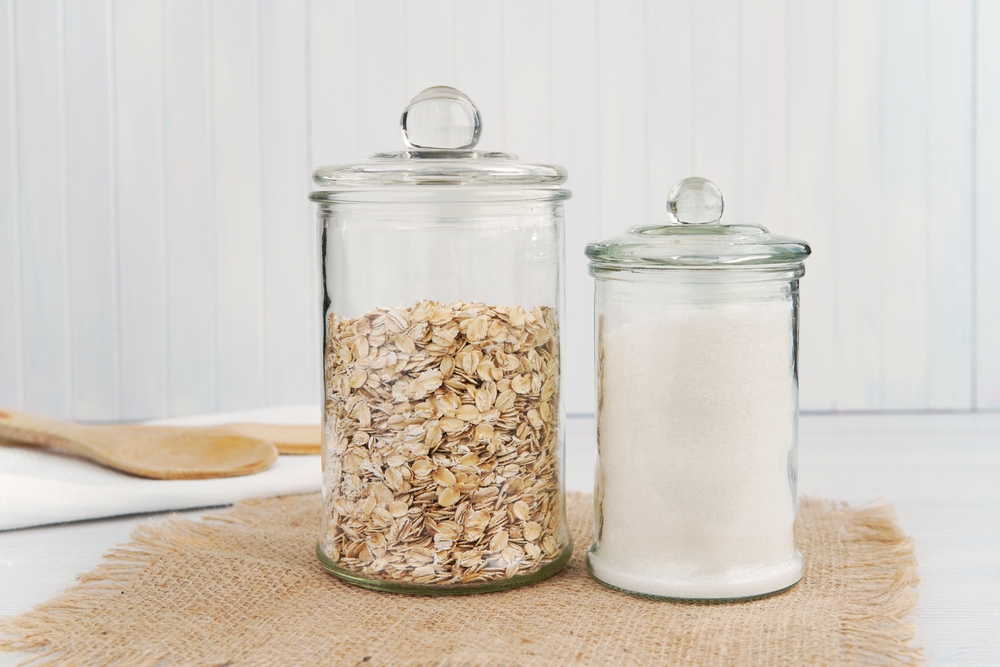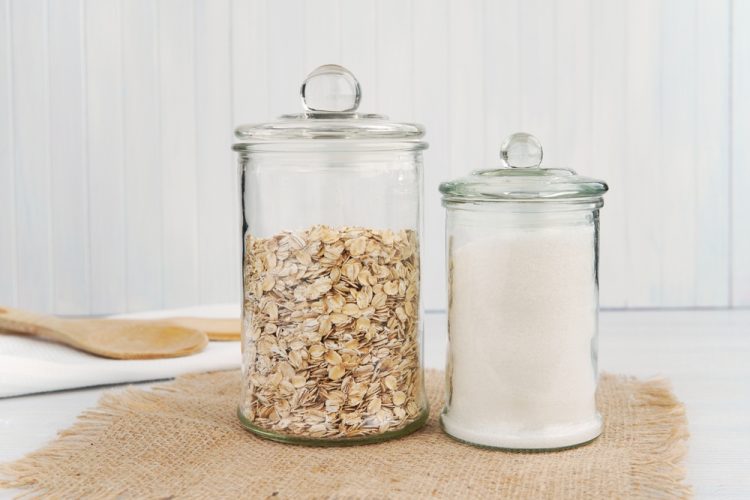Global food prices show mixed trends in 2024, reports FAO

Despite a 2.1 percent average annual decline, 2024 saw a volatile food commodity market, with sugar and cereals dropping, while vegetable oils, dairy, and meats surged.


Falling by over 13 percent each, cereals and sugar were the commodities that experienced the greatest declines in 2024.
The global food industry experienced a year of volatility in 2024, with food commodity prices rising by 6.7 percent in December compared to the same month in 2023, according to the latest Food and Agriculture Organization (FAO) Food Price Index. However, the year overall showed a decline in average prices, with the index falling 2.1 percent compared to 2023.
The FAO Food Price Index, a trade-weighted index that tracks monthly changes in prices of five major food commodity groups on international markets, averaged 127 points in December and 122 points for the entire year. While this marks a slight annual decrease, individual food categories displayed varied trajectories, reflecting complex dynamics in global markets.
Sugar and cereal prices decline
Sugar prices played a significant role in the monthly dip, with the FAO Sugar Price Index falling by 5.1 percent from November to December due to improved sugarcane crop prospects in key producing regions. Over the year, sugar prices declined by 13.2 percent, providing relief to industries dependent on this critical input.
The FAO Cereal Price Index also continued its downward trend, averaging 113.5 points for the year, a 13.3 percent drop from 2023 and marking a second consecutive annual decline from the record highs of 2022.
Vegetable oils and dairy prices surge
In contrast, the FAO Vegetable Oil Price Index showed resilience, increasing 9.4% year-on-year, despite a minor 0.5 percent dip in December. Tight global supplies drove much of this annual rise, with the sub-index ending the year 33.5 percent higher than its December 2023 level.
Dairy prices also saw significant growth in 2024, with the FAO Dairy Price Index averaging 4.7 percent above 2023 levels. December’s figures were 17 percent higher year-on-year, driven by a sharp rise in butter prices, even though a slight 0.7 percent decline was recorded month-on-month.
Meat prices show steady growth
The FAO Meat Price Index closed the year on a high note, increasing 7.1 percent in December year-on-year and ending 2024 with a 2.7 percent average rise over 2023. Higher quotations for bovine, ovine, and poultry meats offset falling pig meat prices.
Looking ahead
While the overall decline in 2024 provides cautious optimism for stabilising global food markets, the upward trends in key commodities like vegetable oils and dairy highlight ongoing challenges. For food industry professionals, understanding and adapting to these shifts will be crucial as markets respond to supply constraints and evolving global demand.
Source: newfoodmagazine.com

